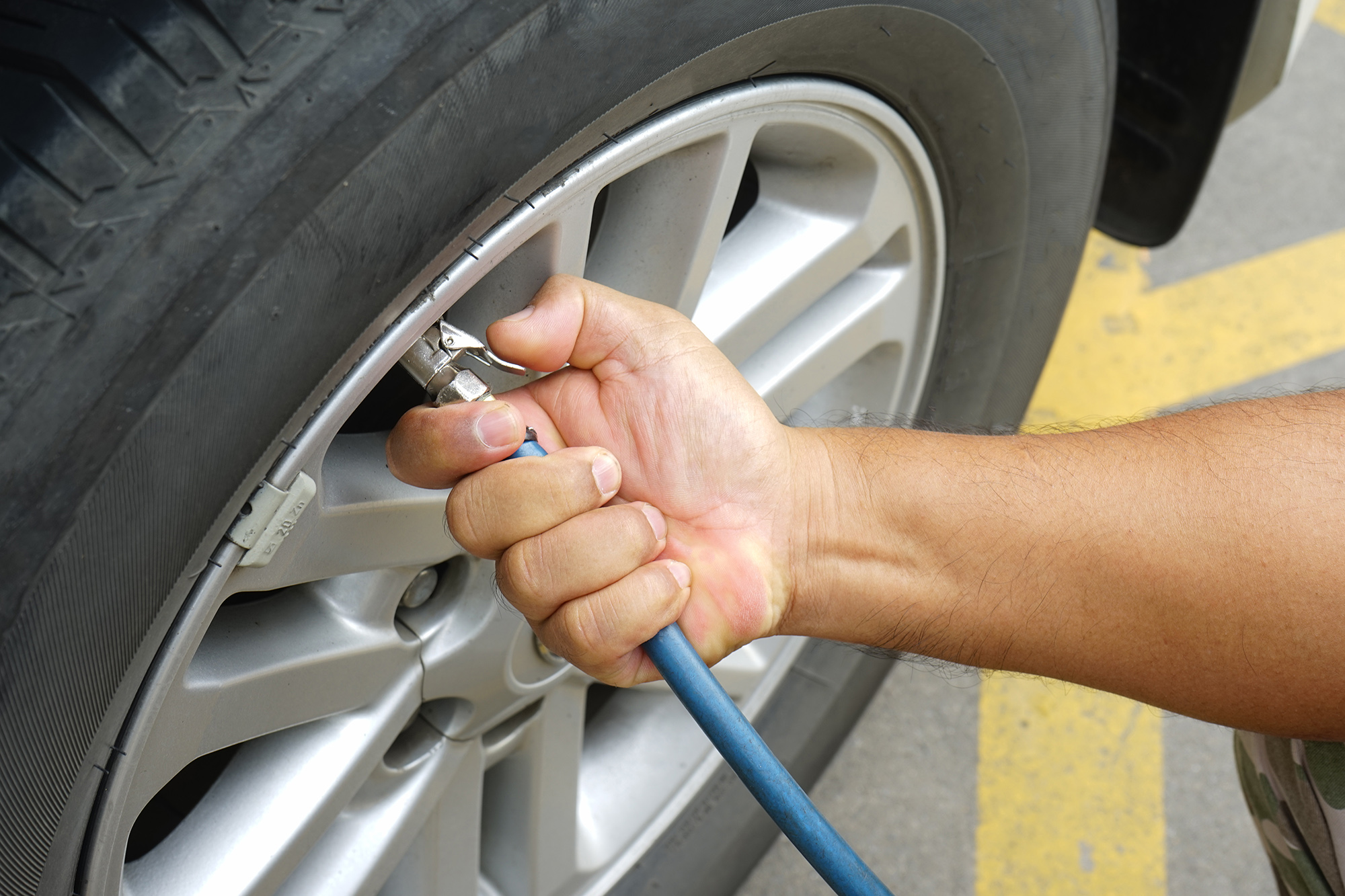When it comes to maintaining the optimal performance and longevity of your vehicle’s tires, one common debate is whether to use regular air or nitrogen for inflation. Both options have their advantages and disadvantages, and understanding these can help you make a more informed choice.
The Case for Air
1. Accessibility and Cost: Regular air is widely available and free at most gas stations, making it an easy and cost-effective choice for tire inflation.
2. Convenience: Since air is readily accessible, it’s simpler to top off your tires as needed without special equipment or services.
3. Adequate Performance: For most drivers, air performs sufficiently well. Air is about 78% nitrogen, so using air means you’re already inflating your tires with a significant amount of nitrogen.
The Benefits of Nitrogen
1. Stability: Nitrogen molecules are larger than oxygen molecules, which means they seep out of tires more slowly than oxygen. This results in more stable tire pressure over time, which can improve fuel efficiency and extend tire life.
2. Reduced Oxidation: Nitrogen is an inert gas, which means it doesn’t react with other substances. This helps prevent the internal rusting of wheels and the degradation of the tire’s rubber components.
3. Enhanced Safety: Consistent tire pressure is crucial for safe driving. Nitrogen’s reduced permeability can lead to fewer fluctuations in tire pressure due to temperature changes, which can be particularly beneficial in extreme conditions.
Making the Choice
1. For Everyday Drivers: If you’re a regular driver and don’t face extreme weather conditions or high-performance demands, using air is generally sufficient. It’s accessible, cost-effective, and gets the job done for most drivers.
2. For Performance Vehicles or Specific Needs: If you drive a high-performance vehicle, or if you’re particularly concerned about tire longevity and pressure stability, nitrogen may offer additional benefits. It’s commonly used in racing and aviation for these reasons.
In the end, the choice between air and nitrogen depends on your specific needs and preferences. For most people, air is a perfectly adequate and economical option. However, if you’re seeking enhanced performance and longevity for your tires, particularly under demanding conditions, nitrogen could be worth the investment. Either way, maintaining proper tire pressure is crucial for safety and efficiency, regardless of which inflation method you choose.



